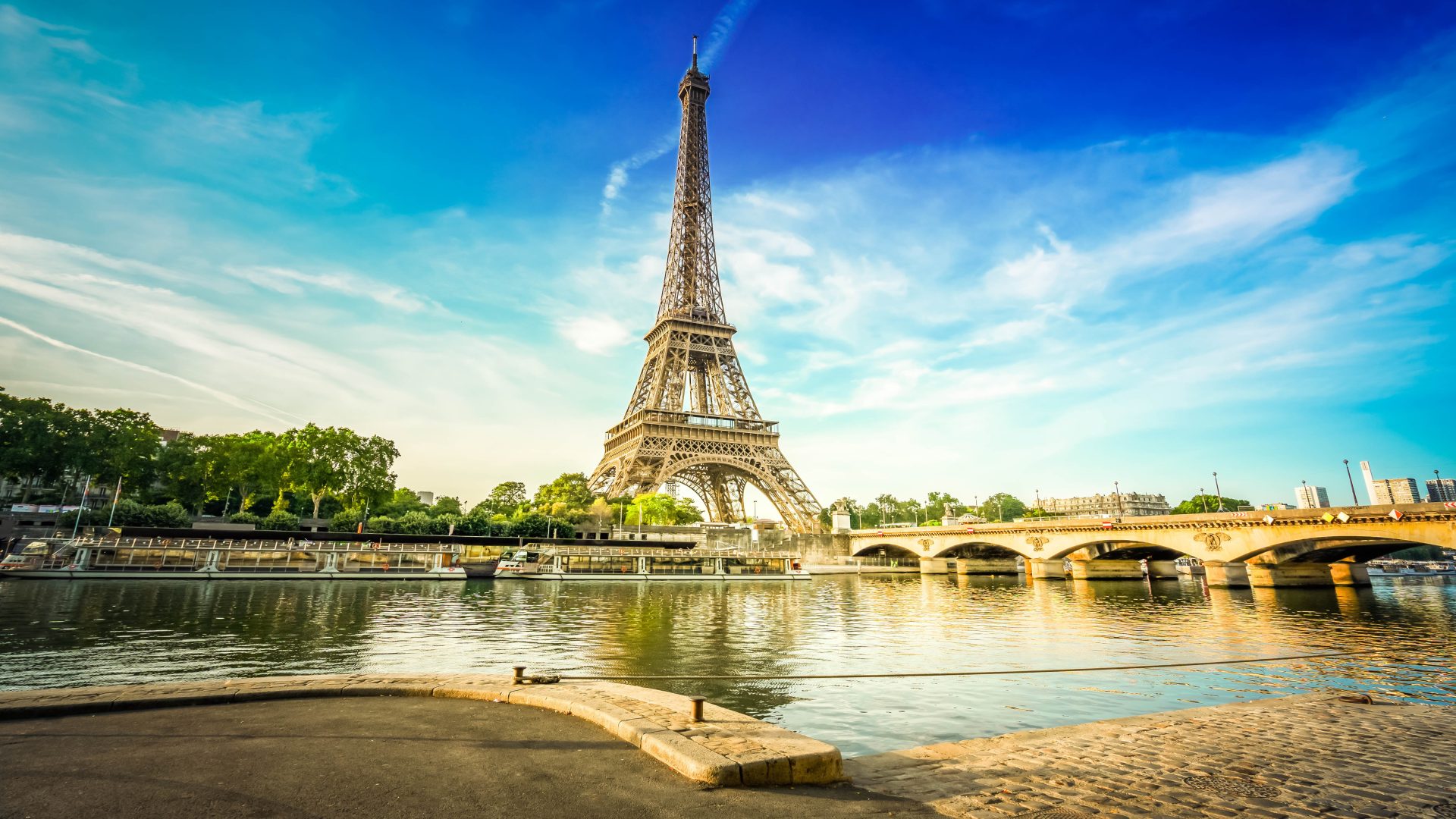When hosting any major event, host cities and their infrastructure are under immense strain as the international spotlight is placed upon them. An iconic capital like Paris is no different, and with the Olympic Games well underway, Tuesday’s postponement of the men’s triathlon due to pollution in the Seine highlighted common challenges facing today’s urban environment and the water within it.
Despite the city’s mayor taking a dip ahead of the games to prove its cleanliness, Paris’ water management eventually fell short in providing a safe, clean waterway to host this years’ triathlon.
Anthony Kolanko, Commercial Manager for Urban Climate Resilience at Wavin explains why the city’s water management wasn’t up to the job and how this instance should be considered a learning curve going forward:
“Looking for a ‘real-life’, tangible impact due to inadequate surface water management? Look no further than Tuesday’s postponed men’s Olympic Triathlon in the River Seine.
“Despite €1.5bn having been invested in recent years to improve Parisian wastewater management, the water quality of the Seine has been deemed unsafe for the event to take place today. This is largely due to the impact of Combined Sewer Overflows (CSOs) doing exactly what they were designed to do, flushing excess surface water and wastewater (human waste, in case you were unsure) into the river.
“If CSOs were designed to do this, the question is, what went wrong? Or is this just a terrible design? CSOs provide a great emergency buffer during massive rainfall events to protect man-made sewer networks from becoming overwhelmed, which in many cases would lead to flooding. Many countries use this approach, however, the population numbers and urban scale they were designed for have grown significantly since they were first introduced, and now these ’emergency buffers’ are being used all too frequently.
“So how do we solve this problem? While an extensive, mass redesign of our sewer systems would be great, it’s also operationally and financially not going to happen, or at least not quickly. If we better manage surface water to prevent CSOs from being overwhelmed, we will in turn prevent the pollution that is turning our natural water bodies into elements that are unsafe for human use. Sustainable drainage systems (SuDS), such as raingardens, blue-green roofs, and attenuation systems, are great solutions to achieve this.
“But what a shame it would’ve been if years of preparation meant a triathlon gold became a duathlon gold had the Seine remained unfit for human use.”



